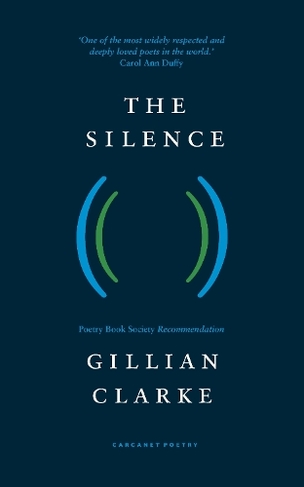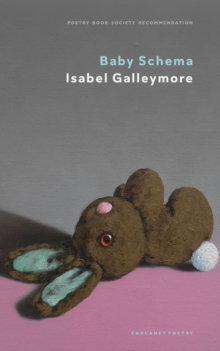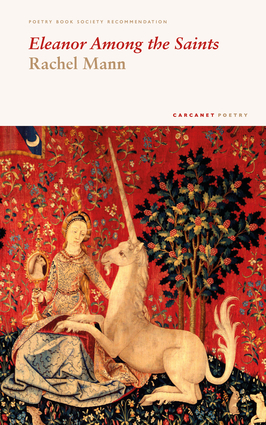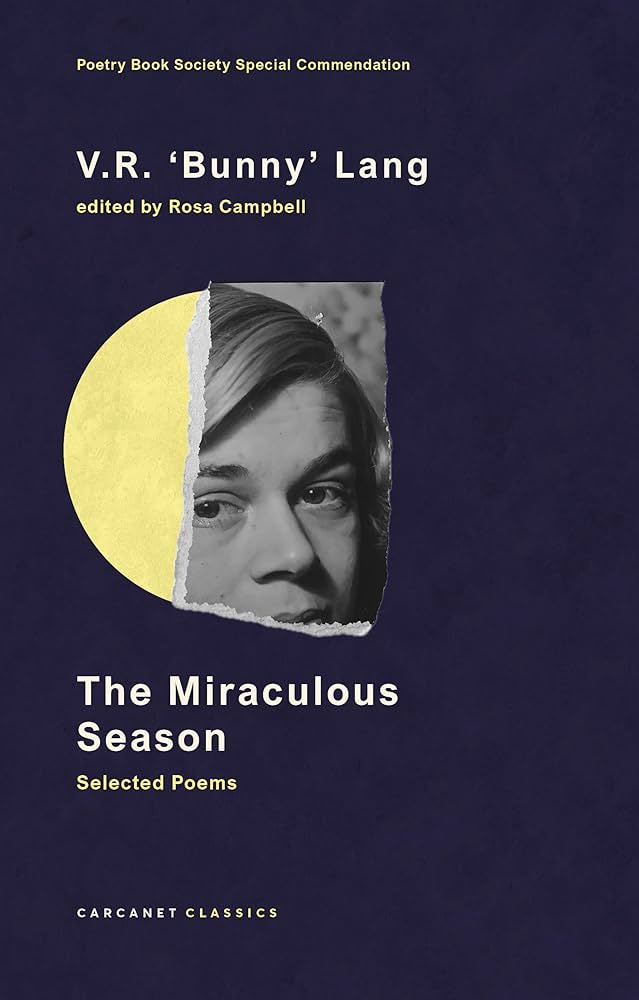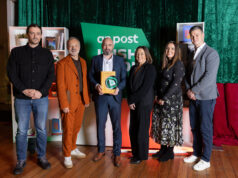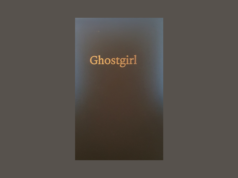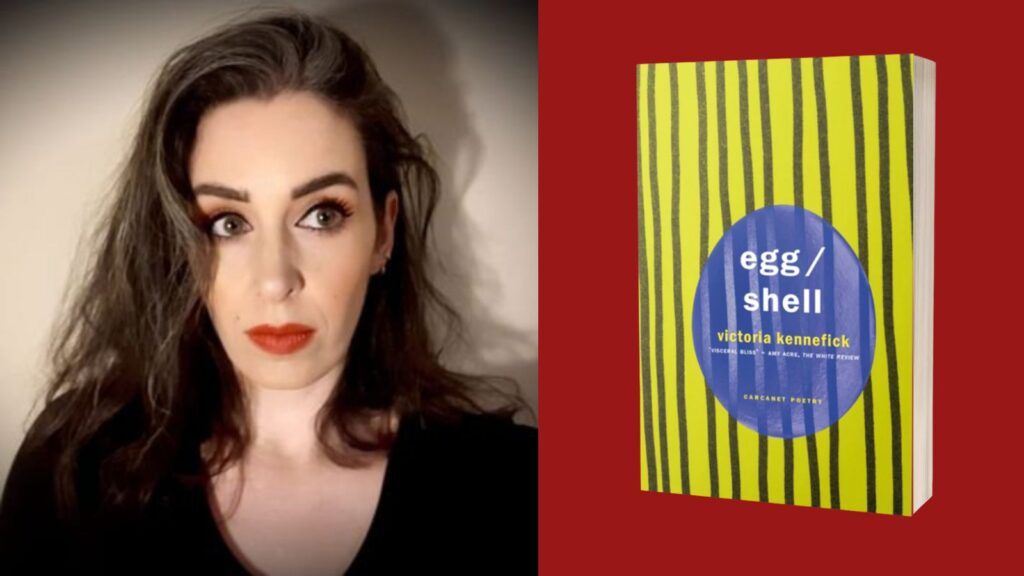
Egg/Shell by Victoria Kennefick is The Poetry Book Society Spring Choice
The Poetry Book Society (PBS) has revealed its 2024 Spring Choice as Egg/Shell, the second collection from prize-winning Irish poet Victoria Kennefick.
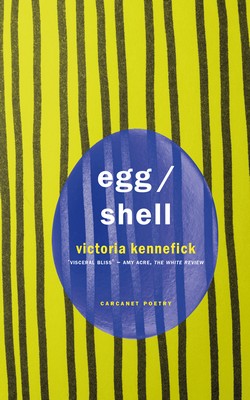
The lives depicted by Victoria Kennefick alter, shatter and recombine in stunning monologues, innovative hybrid forms and piercing lyrics: her second book Egg/Shell is a diptych, a double album, which explores early motherhood and miscarriage, and the impact of a spouse’s gender transition and the dissolution of a marriage. Acclaimed as one of the boldest poetic voices to emerge in recent years, Kennefick, in the follow-up to her best-selling Eat or We Both Starve, breaks new ground with generosity, emotional complexity, formal ingenuity and wit.
—From Carcanet Press
The Poetry Book Society was founded by T.S. Eliot and friends in 1953 to share the joy of poetry books. In 2016, supported by Arts Council England, PBS moved to Newcastle (UK) to join Inpress. The books selected from PBS this year are from Carcanet Press and Bloodaxe Books, two poetry publishers based in the North of England. Alongside their Spring Choice, the Society recommends three further collections.
The Silence, by Gillian Clarke
‘The days have no names.
The day they count the dead,
the day they closed the doors,
turned off the lights.
We’re still here in the silence,
hearing tree-talk,
the wind’s secrets,
the company of birds.’
(‘The Year of the Dead’)
The poems in Gillian Clarke’s The Silence begin during lockdown, to whose silences Clarke listens so attentively that other voices emerge. As the book progresses, that silence deepens, in the poems about her mother and childhood, about the Great War and its aftermaths, and in her continuing attention to Welsh places and names, and the rituals which make that world come in to focus. In these scrupulous, musical poems, Clarke finds consolation in how silence makes room for memory and for the company of the animal- and bird-life which surrounds us. These poems, compulsively returning to key images and formative moments, echo and bring back other ways of living to the book’s present moment.
—From Carcanet Press
Baby Schema by Isabel Galleymore (Carcanet)
In Isabel Galleymore’s second collection, the adorable other is not just an imagined future child, but also a tree frog, a weather-worn statue and often the speaker herself, who dreams of quitting adulthood and an endangered world. ‘Mother Earth’ is less an entity to be revered than a command to care-giving. Lyrics and syllabically-constrained fables examine the play and power involved in creating new life, whether biologically or via cartoonists’ animation.
Galleymore hones in on cuteness and its relationships to hyper-capitalism and environmental crisis to produce a deliberately queasy ecopoetics. Animal extinctions are likened to failed businesses and sainthood is granted to a dubious character named Michael Mouse. Studies of wild creatures join those of pets, pot plants and animal videos: here is a new nature – one shaped by the extremes of our contemporary desires.
—From Carcanet Press
Eleanor Among the Saints by Rachel Mann
In her second collection, Mann wrestles with the questions and possibilities raised when trans identity, faith and the limits of myth and language intersect and are tested. Eleanor Among the Saints is a study in the queer joy found in counter-factuals and fantasy, shaped through the prism of the disputed story of Eleanor Rykener, a medieval trans woman, seamstress and sex worker.
—From Carcanet Press
Special Commendation The Miraculous Season: Selected Poems by Bunny Lang edited by Rosa Campbell
The Special Commendation this year goes to The Miraculous Season: Selected Poems by Bunny Lang edited by Rosa Campbell.
In the archives of the Houghton Library at Harvard blazes the incandescent work of V.R. ‘Bunny’ Lang (1924–56), the American poet and playwright whose name has been all but erased from literary history. The fiery nerve centre of the literary scene around mid-century Harvard, and best friend of the iconic New York School poet Frank O’Hara – who referred to her as ‘one of our finest poets’ – Lang herself has languished in the shadows of American poetry for too long.
This book brings into print some of Lang’s most startling, strange, and beautiful poetry, much of which has never been published before, drawing her into the spotlight at last. It includes an editor’s introduction by scholar and writer Rosa Campbell, on Lang’s fascinating and often hilariously eccentric life, devastatingly early death, and her rightful place in the canon of twentieth-century American poetry. The Miraculous Season, published in Lang’s centenary year, is a revelation of the true breadth and brilliance of her poetry, rediscovered and made available in print for the first time since 1975.
—From Carcanet Press
Translation Choice: Holy Winter 20/21, by Maria Stepanova, translated by Sasha Dugdale
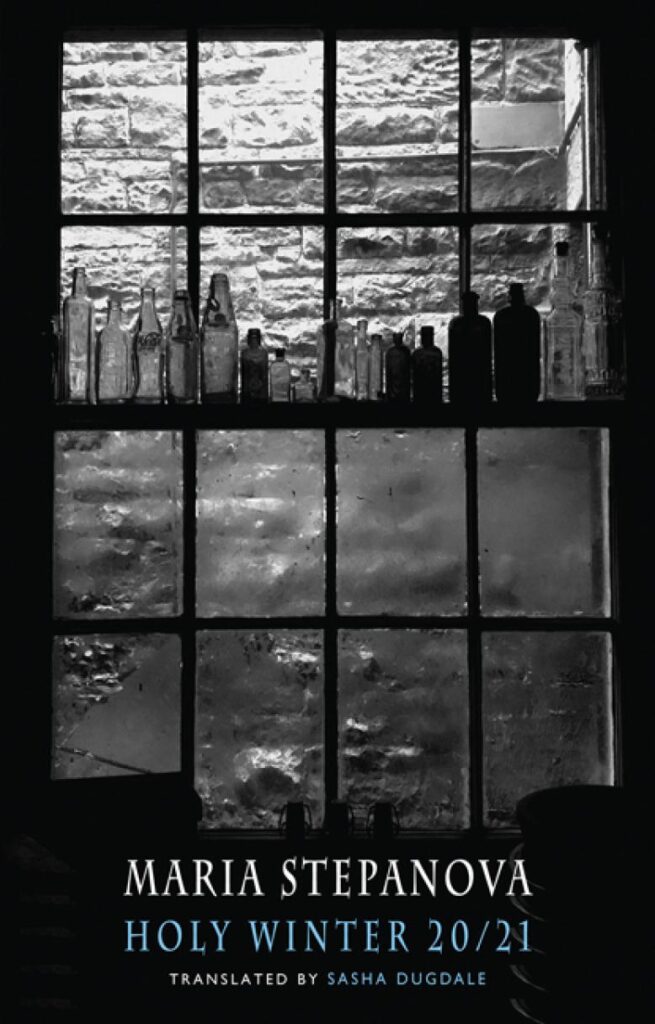
The outbreak of Covid-19 cut short Maria Stepanova’s stay in Cambridge in 2020. Back in Russia, she spent the ensuing months in a state of torpor – the world had withdrawn from her, time had ‘gone numb’. When she awoke from this state, she began to read Ovid, and the shock of the pandemic dissolved into the voices and metaphors of an epochal experience.
Her book-length poem Holy Winter 20/21, written in a frenzy of poetic inspiration, speaks of winter and war, of banishment and exile, of social isolation and existential abandonment. Stepanova finds sublime imagery for the process of falling silent, interweaving love letters and travelogues, Chinese verse and Danish fairy tales into a polyphonic evocation of frozen and slowly thawing time.
Following her previous book of poetry, War of the Beasts and the Animals – in part a response to the Donbas conflict – her book’s title is even more prophetic now, echoing a famous patriotic Soviet song from 1941, ‘a holy war is underway’.
Born in 1972, Maria Stepanova – as poet and essayist – was a highly influential figure for many years in Moscow’s cosmopolitan literary scene until its suppression along with civil liberties and dissent under Putin’s latter-day reign of terror. Her first prose work In Memory of Memory established her internationally as one of the most important intellectual voices of contemporary Russia.
Her poetry, which here echoes verses by Pushkin and Lermontov, Mandelstam and Tsvetaeva, is not hermetic. She takes in the confusing signals from social networks and the media, opening herself up to the voices of kindred poets like Sylvia Plath, Inger Christensen and Anne Carson. She has moreover mastered modern poetry’s rich repertoire of forms and moves effortlessly between the linguistic and traditional spaces of Russian, European and transatlantic literature.
In her prose, Stepanova searches for the essence of the moment in the maelstrom of historical time. As an essayist, she traces the reactions of her critical consciousness; taken together, her politically alert commentaries form a chronicle of the troubled present.
—From Bloodaxe Books







